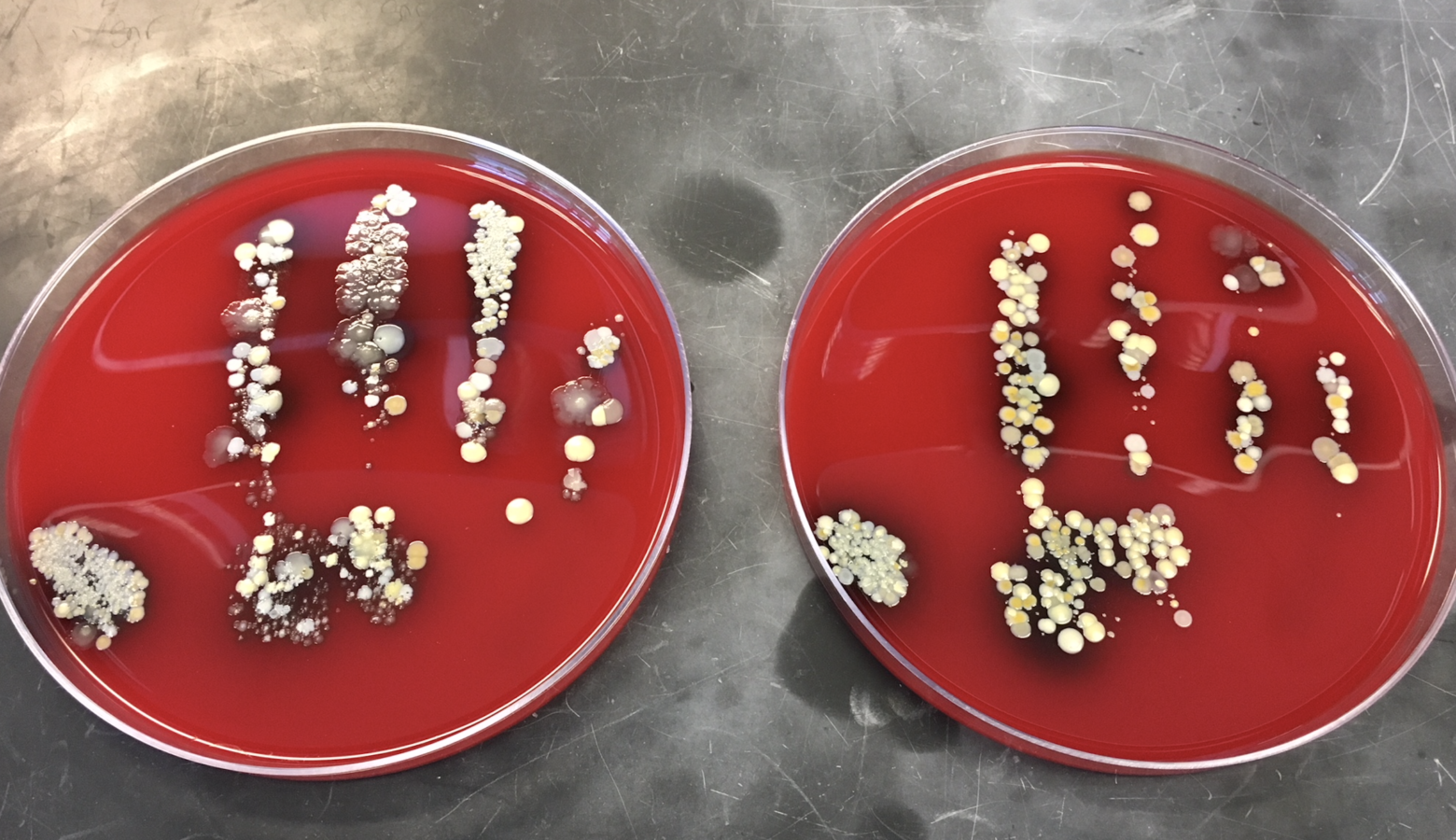After Strong Flu Season, What’s On Your Hands?

This flu season has been one of the worst in recent years — Indiana has seen 278 deaths because of the virus. That led Indiana Public Broadcasting’s Jill Sheridan to wonder – what’s on my hands and how long does it stay there?
Karen Irven, a lab supervisor at Indiana University Health pathology labs says the message to wash your hands can’t be emphasized enough.
“It’s the most important way to help prevent yourself from getting sick. Just by washing your hands you can prevent yourself from transmitting diseases to your kids, your other family members or your co-workers,” says Irven.
Viruses can remain infectious on different surfaces for days. Irven says your hands become the vehicle for the virus.
“In order to get sick you have to get whatever virus is in the environment into your body.” Irven says, “So touching the environment that is contaminated and then touching your face, your eyes, your nose your mouth you are basically inoculating the virus and making yourself sick.”
The IU Health pathology lab in Indianapolis processes samples from all over the state.
“Any kind of specimen, they’ll send it to us and then we’ll grow it on these plates to see what kind of bacteria grows up to see what might be making the patient sick,” says Irven.
Influenza is one of the top 10 killers of people in the U.S. and it has killed 278 people in Indiana so far this year.
IU Health Dr. Ryan F. Relich says other pathogens are just as nasty and very contagious.
“Such as norovirus, one of the most common causes of infectious diarrhea, is viable several days or even weeks on surfaces such as door knobs, faucet handles, and toilets,” says Relich.
After participating in an experiment using agar plates to test unwashed and washed hands the petri dish contained bacteria that is normally found on human skin like Staphylococcus epidermidis and Bacillus species.
The problem was I didn’t wash well enough and there was no appreciable difference between the before and after.
Irven recommends humming the happy birthday song twice while creating a full lather, getting all surfaces of the hands and completely drying.
The CDC’s hand-washing website advises clean hands save lives.


